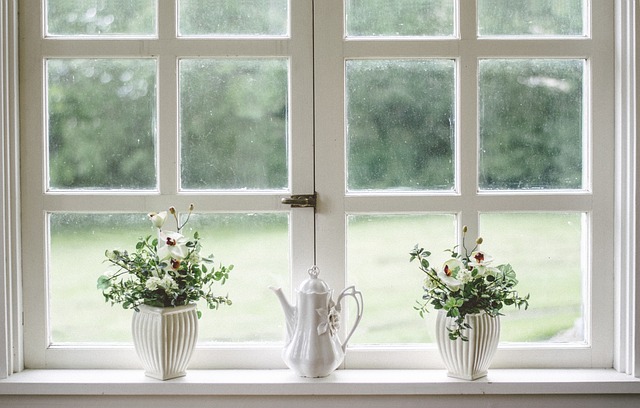Addressing Septic System Corrosion
laser book 247.com, silver exchange login password, 11xplay pro login:Addressing Septic System Corrosion
If you are a homeowner with a septic system, you know how important it is to maintain and care for it properly. One issue that can arise with septic systems is corrosion, which can lead to costly repairs and potential environmental hazards. In this blog post, we will discuss the causes of septic system corrosion and provide tips on how to address this issue to ensure the longevity of your septic system.
What Causes Septic System Corrosion?
Septic system corrosion can be caused by a variety of factors, including:
1. Chemicals: Household chemicals such as bleach, drain cleaners, and antibacterial soaps can be detrimental to the health of your septic system. These chemicals can kill the beneficial bacteria in the tank that help break down waste, leading to corrosion.
2. Soil Acidity: Soil with high acidity levels can corrode the walls of the septic tank over time. This can be exacerbated by factors such as heavy rainfall and poor drainage.
3. Age: As septic systems age, they become more susceptible to corrosion. Older tanks may have cracks or weak spots that can lead to leaks and corrosion.
4. Lack of Maintenance: Failure to regularly pump and inspect your septic system can result in a buildup of solids and sludge, which can contribute to corrosion.
How to Address Septic System Corrosion
1. Use septic-safe products: To prevent corrosion caused by household chemicals, opt for septic-safe cleaning products and detergents. These products are designed to be safe for use in septic systems and will not harm the beneficial bacteria in the tank.
2. Monitor soil acidity: Test the acidity levels of the soil around your septic system to determine if it is contributing to corrosion. If necessary, take steps to neutralize the acidity by adding lime or other soil amendments.
3. Inspect and pump regularly: Schedule regular inspections and pumpings of your septic system to prevent a buildup of solids and sludge. This will help maintain the health of your tank and reduce the risk of corrosion.
4. Repair leaks promptly: If you notice any leaks or signs of corrosion in your septic system, it is important to address them promptly. Ignoring these issues can lead to more extensive damage and costly repairs in the future.
5. Install a filter: Consider installing a filter in your septic tank to prevent solids and debris from entering the drain field. This can help reduce the risk of clogs and corrosion in the system.
6. Avoid flushing harmful materials: To prevent corrosion and damage to your septic system, avoid flushing harmful materials such as grease, paper towels, and feminine hygiene products down the toilet. These items can clog the system and contribute to corrosion over time.
By following these tips and being mindful of the factors that contribute to septic system corrosion, you can help ensure the longevity and efficiency of your septic system.
FAQs
Q: How often should I pump my septic system?
A: It is recommended to pump your septic system every 3-5 years, depending on the size of your tank and the number of people in your household. Regular pumping helps prevent solids from building up and causing corrosion.
Q: Can I use a septic tank additive to prevent corrosion?
A: While some septic tank additives claim to prevent corrosion, it is best to consult with a professional before using these products. In some cases, additives can actually harm the beneficial bacteria in the tank and contribute to corrosion.
Q: What are the signs of septic system corrosion?
A: Signs of septic system corrosion may include foul odors, slow drainage, wet spots or pooling water near the drain field, and an increase in utility bills. If you notice any of these signs, it is important to have your septic system inspected by a professional.
Q: How can I test the acidity levels of the soil around my septic system?
A: You can purchase a soil testing kit at your local garden center or contact a professional soil testing service to assess the acidity levels of the soil around your septic system.
In conclusion, addressing septic system corrosion is vital for maintaining the health and efficiency of your system. By taking proactive steps to prevent corrosion and addressing any issues promptly, you can prolong the life of your septic system and avoid costly repairs in the future. Remember to use septic-safe products, monitor soil acidity, inspect and pump regularly, repair leaks promptly, install a filter, and avoid flushing harmful materials to protect your septic system from corrosion. If you have any questions or concerns about septic system corrosion, don’t hesitate to reach out to a professional for guidance.






